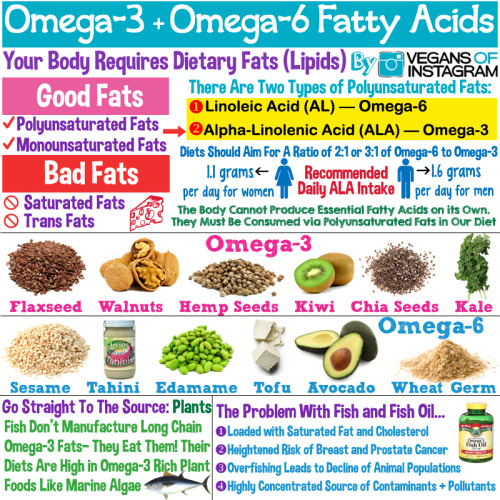PAGE UNDER CONSTRUCTION
Check back soon for the full low-down on why Omega 3 is so important and where vegans can get it from.

Tips:
Stir ground flax seed (linseed) into porridge.
An explorers' guide to the world of plant-based cuisine
PAGE UNDER CONSTRUCTION
Check back soon for the full low-down on why Omega 3 is so important and where vegans can get it from.

Tips:
Stir ground flax seed (linseed) into porridge.